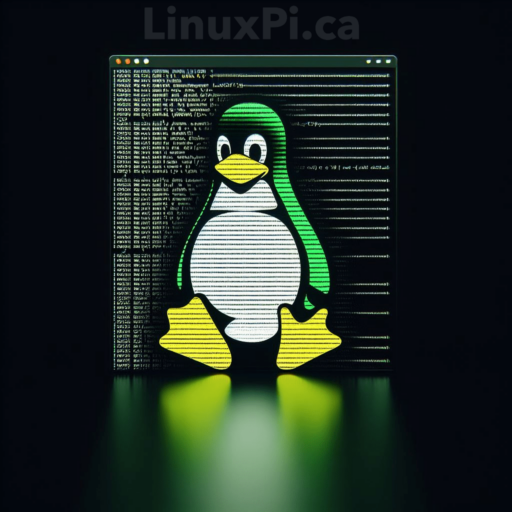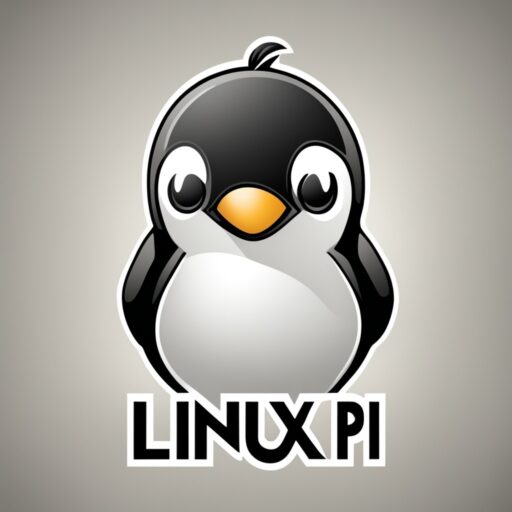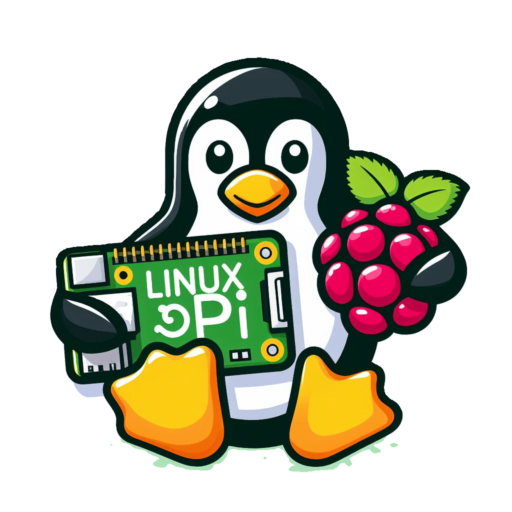Linux: Origins and Main Distributions
In the vast realm of operating systems, Linux stands as a beacon of innovation, collaboration, and open-source ethos. As we delve into the intricacies of Linux, let’s unravel its definition, traverse through the corridors of its rich history, and explore some of its standout distributions.
What is Linux?
At its core, Linux is an open-source, Unix-like operating system kernel created by Linus Torvalds in 1991. Unlike proprietary operating systems, Linux allows users to view, modify, and distribute its source code freely. This open philosophy has fostered a global community of developers, enthusiasts, and organizations contributing to its evolution.
Linux is part of the larger Unix-like family, sharing principles of multitasking, multi-user capabilities, and robust security. While the Linux kernel is a critical component, a complete operating system involves additional software packages and utilities. This amalgamation is often referred to as a “Linux distribution” or “Linux distro.”
A Glimpse into Linux History:
The Birth of Linux:
In the early ’90s, Linus Torvalds, a computer science student in Finland, began working on a hobby project – a free and open-source kernel. Torvalds shared his creation on Usenet, inviting collaboration from programmers worldwide. This marked the birth of the Linux kernel, a community-driven project that continues to thrive.
The GNU Connection:
The Linux operating system’s functionality is complemented by the GNU Project’s software – an initiative to develop a free Unix-like operating system. When combined with the Linux kernel, the GNU/Linux system was born. This collaboration is why many refer to the OS as “Linux” or “GNU/Linux.”
Main Linux Distributions:
Ubuntu: Bridging Accessibility and Functionality –https://ubuntu.com/
Founded by Mark Shuttleworth in 2004, Ubuntu has become synonymous with Linux accessibility. Based on Debian, Ubuntu aims to provide a user-friendly experience for both desktop and server users. Regular releases and robust community support have contributed to its widespread adoption.
Debian: The Universal Operating System –https://www.debian.org/
One of the oldest Linux distributions, Debian, was founded by Ian Murdock in 1993. Known for its commitment to free software, stability, and a vast software repository, Debian serves as the foundation for several popular distributions, including Ubuntu.
Red Hat Enterprise Linux (RHEL): Powering the Enterprise –https://www.redhat.com/en
Red Hat, established in 1993, played a pivotal role in bringing Linux to the enterprise with RHEL. Known for its stability and comprehensive support, RHEL has become a staple in mission-critical environments. CentOS, a community-supported variant, shares much of RHEL’s codebase.
Arch Linux: Empowering the Enthusiast –https://archlinux.org/
For users seeking a more hands-on experience and a highly customizable environment, Arch Linux is a popular choice. Launched by Judd Vinet in 2002, Arch follows a rolling release model, ensuring users access the latest software updates promptly.
CentOS: Stability, LTS, Compatibility –https://www.centos.org/
CentOS (Community Enterprise Operating System) is a Linux distribution derived from the source code of Red Hat Enterprise Linux (RHEL). Released in 2004, It aims to provide a free and open-source alternative to RHEL while maintaining compatibility with its upstream source. CentOS is known for its stability, reliability, and long-term support, making it popular for servers and enterprise environments.
Fedora: Innovation, Community, Developer-Friendly –https://fedoraproject.org/
Innovation: Fedora is at the forefront of Linux development, offering bleeding-edge features and technologies since 2003. It serves as a testing ground for new software and technologies that may eventually be adopted by Red Hat. Community Engagement: Fedora has a vibrant community of developers and contributors who actively participate in the development process. It encourages community involvement in shaping the future of the distribution. Developer-Friendly: With its focus on the latest software and development tools, Fedora is well-suited for developers and enthusiasts who want access to the latest technologies.
openSUSE: Flexibility, System Management, Community Collaboration –https://www.opensuse.org/
Flexibility: openSUSE initially released in 1994, provides a high degree of flexibility, offering both Leap (stable, fixed-release) and Tumbleweed (rolling-release) editions to cater to different user preferences. System Management Tools: openSUSE includes powerful system management tools like YaST (Yet another Setup Tool), which simplifies system configuration and administration tasks. Community Collaboration: The openSUSE project emphasizes collaboration and community involvement, allowing users to actively participate in the development process and contribute to the distribution.
Linux Mint: User-Friendly, Multimedia Support, Software Selection –https://linuxmint.com/
User-Friendly Experience: Since 2006 Linux Mint prioritizes ease of use and provides a familiar computing experience for users transitioning from Windows or macOS. It offers a polished and intuitive desktop environment out of the box. Multimedia Support: Linux Mint includes built-in support for multimedia codecs and proprietary software, making it easy to play multimedia files and access online content. Software Selection: Linux Mint offers a curated selection of software in its repositories, focusing on applications that enhance the user experience. It provides a balance between usability and simplicity.
The Ongoing Battle:
As we traverse the ever-expanding landscape of Linux, its history and diversity come to life. From the grassroots collaboration that birthed the kernel to the multitude of distributions catering to diverse needs, Linux exemplifies the power of open-source development.
Linux’s journey is far from over. With each passing day, developers, communities, and organizations contribute to its evolution, ensuring it remains a robust, versatile, and inclusive platform for users around the globe. As we celebrate Linux’s past, let’s embrace the possibilities it holds for the future of computing.




